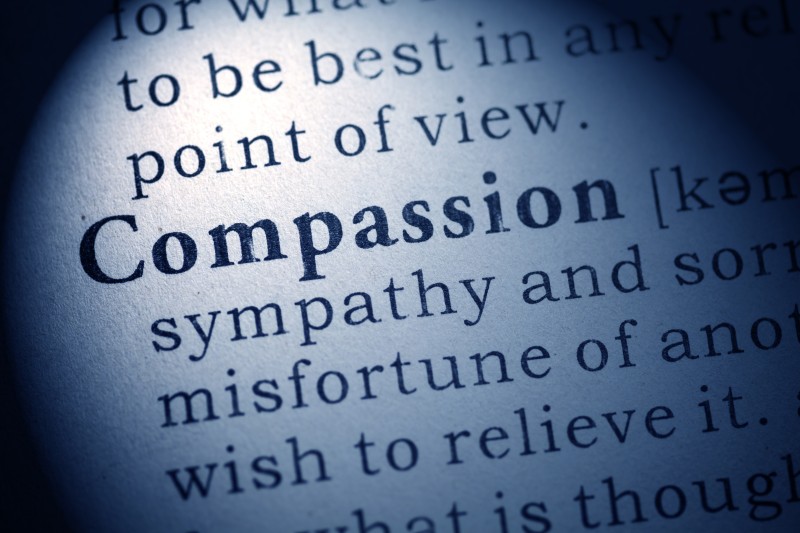A man was going down from Jerusalem to Jericho, and fell into the hands of robbers, who stripped him, beat him, and went away, leaving him half dead. A priest and a Levite had also been journeying along the same road, but when they saw him they passed by on the other side. Then a Samaritan came along and when he saw the injured man he was moved with pity. He went to him, poured oil and wine into his wounds and bandaged them. Then he set him on his ass and took him to an inn, and there took care of him. He was the good Samaritan.
The injured man on the road could not call an ambulance. He depended on the compassion of others and was lucky because he moved the heart of the Samaritan. The Samaritan was well mannered.
In this story, social cohesion is linked with pity and individual behaviour and responsibility. The Samaritan did not have the right to ask for care. We can only say that as human beings we have an obligation to help someone who is injured. Obligation and dependence are part of citizenship.
There is a lot of uncertainty. There was a one in three probability that someone would care for the injured man on the road. Social security, however, can neither be founded on maybe’, nor on the probability of one third surviving a robbery with violence - leaving aside the prosecution of the robber.
We are happy to live in a welfare state. The welfare state has implemented a viable public health system and legal security. You can count on the ambulance - it will arrive within fifteen minutes and if not, you will complain. A welfare state is not founded on pity or on hearts being moved with compassion. Our welfare state is founded on rights. The risk here is that people then lose any sense of personal responsibility: The ambulance will come, I can pass by.
Can social cohesion be founded only on rights? The root of the German word for pity – Erbarmen, Barmherzigkeit - is ‚barm’. That is the term used for the breast of a woman, full of milk. The Samaritan gave life to the injured man. I would emphasise that the theological understanding of rights has an inbuilt understanding of the rights of the poor and vulnerable. That means that rights are linked to empathy, pity and kindness and based on regard for the life of the vulnerable person. We call it the option for the poor.
Citizenship is not only connected to human rights but also to the virtues and strengths of compassion and pity.
Daniel Schmid Holz
